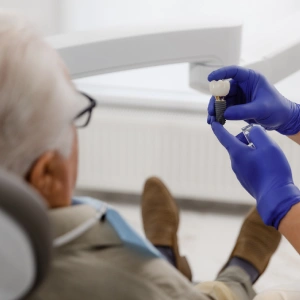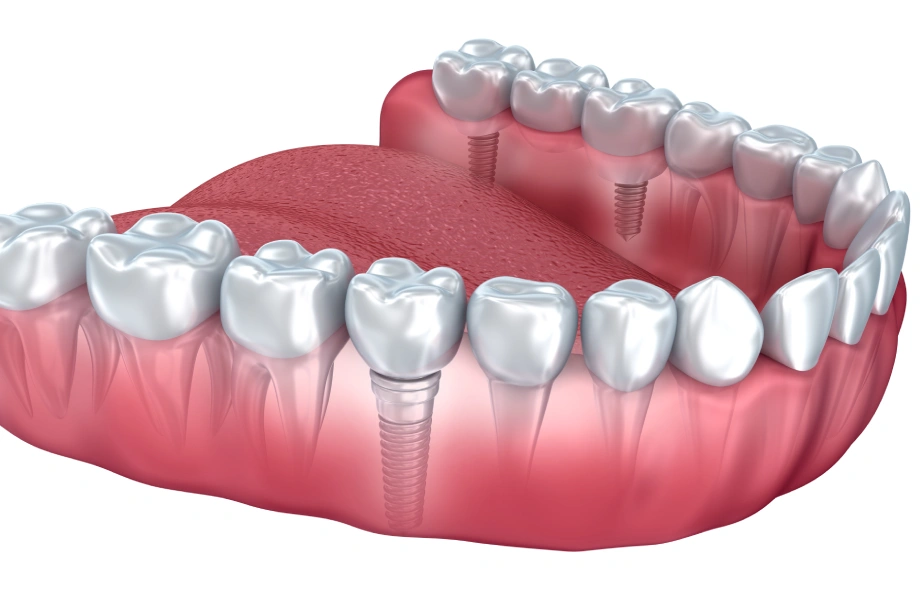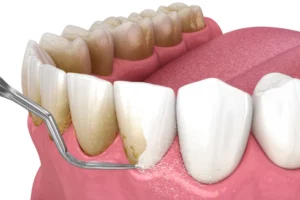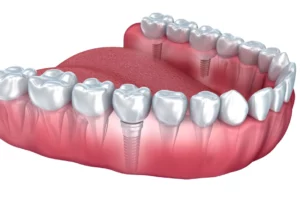What Are Dental Implants?

Can You Straighten Your Teeth If You Have Dental Implants?
Yes, you can straighten your teeth even if you have dental implants. While the presence of implants may pose some challenges, orthodontic treatment options like braces or Invisalign can still be effective in aligning teeth properly. However, the treatment approach may vary depending on individual circumstances and the positioning of the implants. In some cases, braces may be applied before the dental implants are placed to ensure proper alignment of the teeth. Alternatively, braces or Invisalign can be used after dental implants are installed, but careful planning and coordination between the orthodontist and the implant dentist are necessary to achieve optimal results. Overall, with the right treatment plan and professional guidance, it is possible to straighten teeth effectively even with existing dental implants in place.
Can You Wear Braces If You Have a Dental Implant?
Braces Before Dental Implants
Braces before dental implants refer to the orthodontic treatment process where braces are applied to align and straighten the teeth before the placement of dental implants. This approach is often recommended when there are misalignments or spacing issues with the teeth that need to be corrected prior to implant surgery. By straightening the teeth first, the implants can be positioned more accurately, resulting in better aesthetic outcomes and improved long-term stability. Braces help to create sufficient space for the implants and ensure that the teeth are properly aligned to support the implant restorations. Additionally, addressing any orthodontic concerns before implant placement can reduce the risk of complications and enhance the overall success of the implant treatment. Overall, undergoing orthodontic treatment with braces before dental implants can help achieve optimal results and ensure a successful outcome for your smile restoration journey.
Braces After Dental Implants
Braces after dental implants are orthodontic treatments used to correct misalignments or bite issues that may arise after the placement of dental implants. While dental implants provide a stable foundation for replacement teeth, they do not address issues such as crooked or overcrowded teeth. Therefore, braces may be recommended to properly align the teeth and ensure an ideal bite alignment following implant surgery. Braces can help to improve the aesthetics of the smile, enhance the functionality of the teeth, and optimize the long-term success of the dental implant treatment. By aligning the teeth properly, braces can also help prevent potential complications such as uneven wear on the implant-supported restorations and improve overall oral health. Additionally, braces used after dental implants can contribute to a more harmonious and balanced smile, providing patients with both functional and aesthetic benefits. Overall, incorporating braces into the treatment plan after dental implant placement can help achieve optimal results and ensure a beautiful, healthy smile for years to come.




